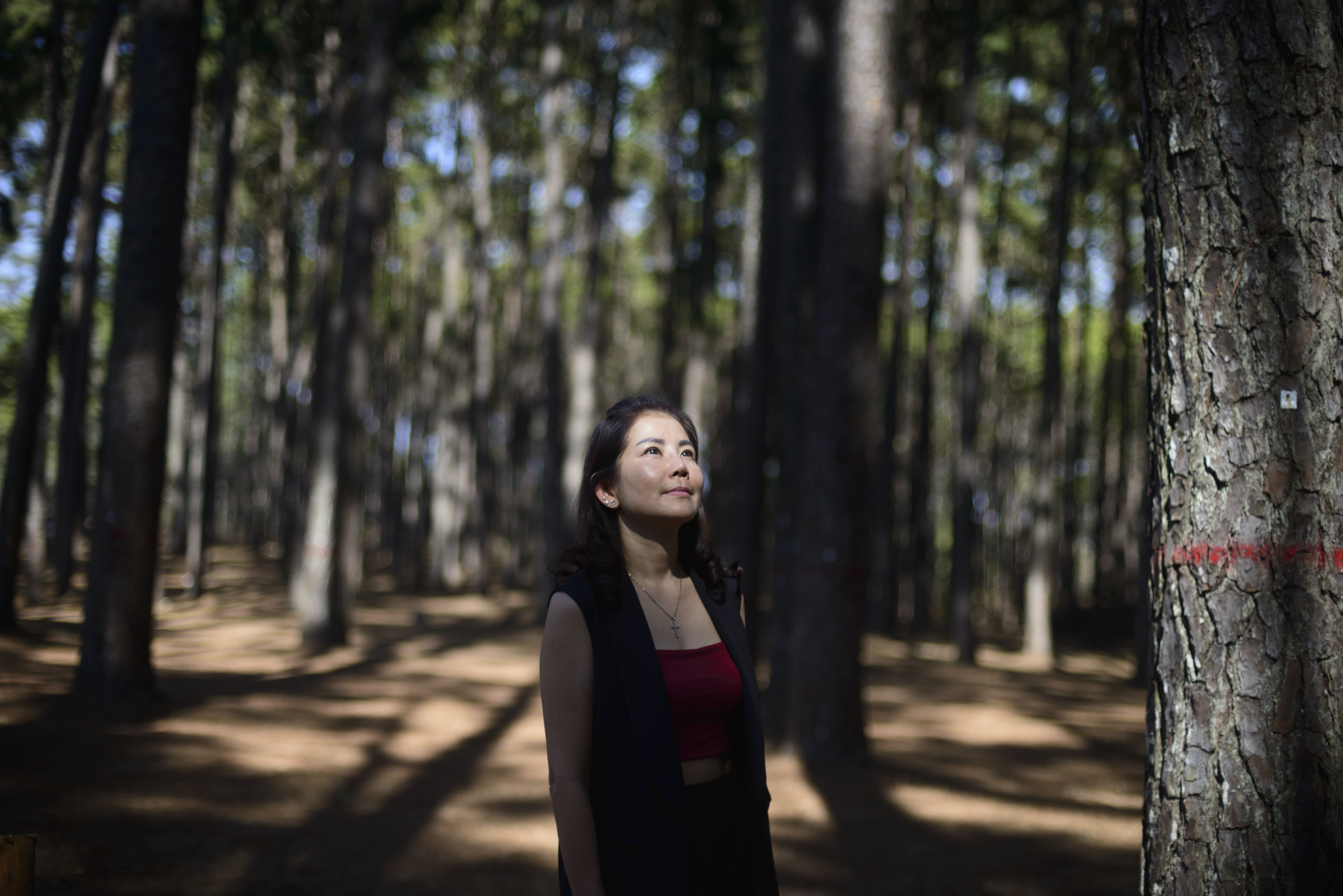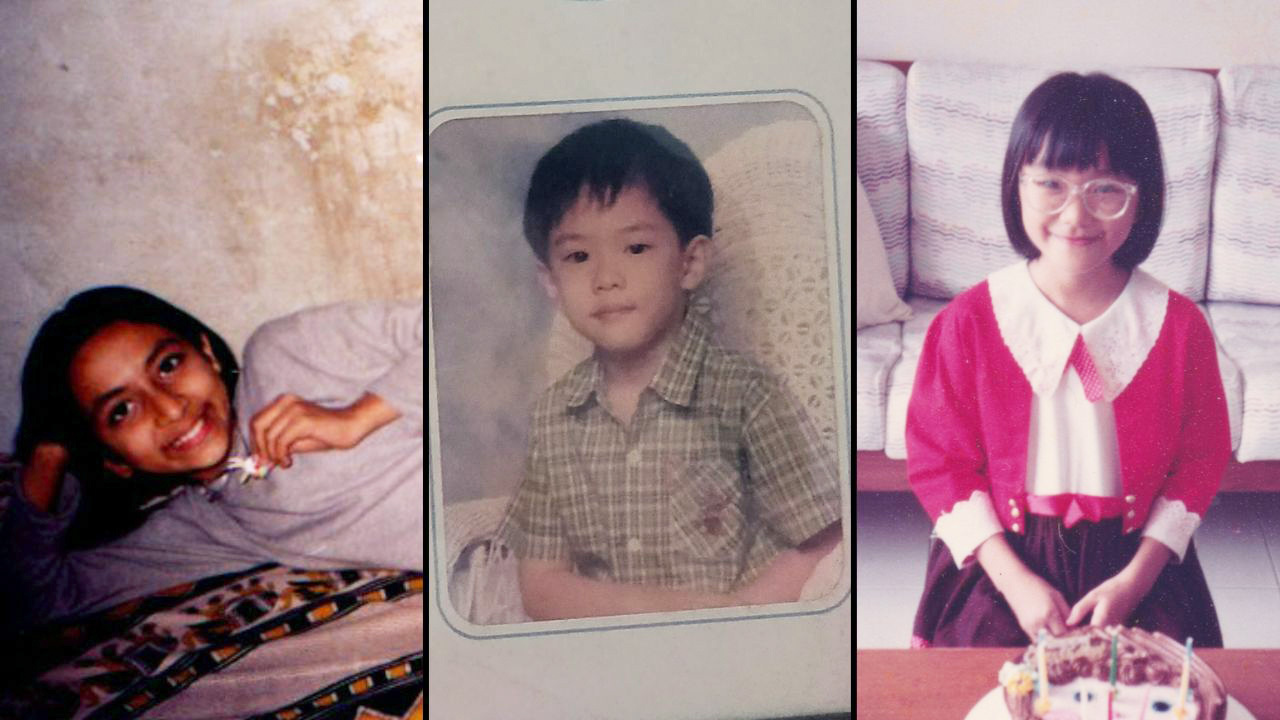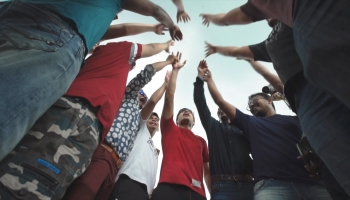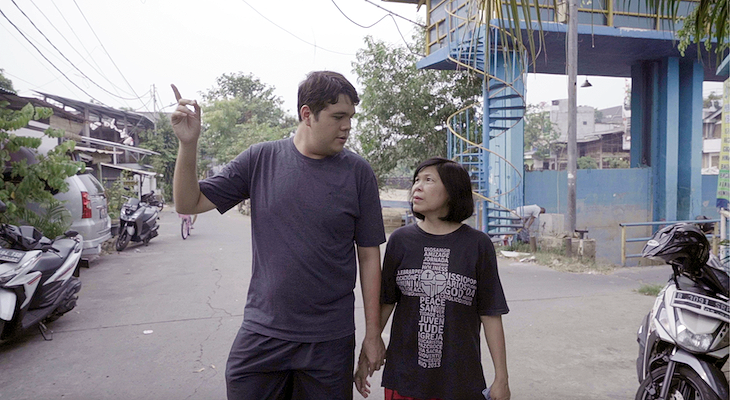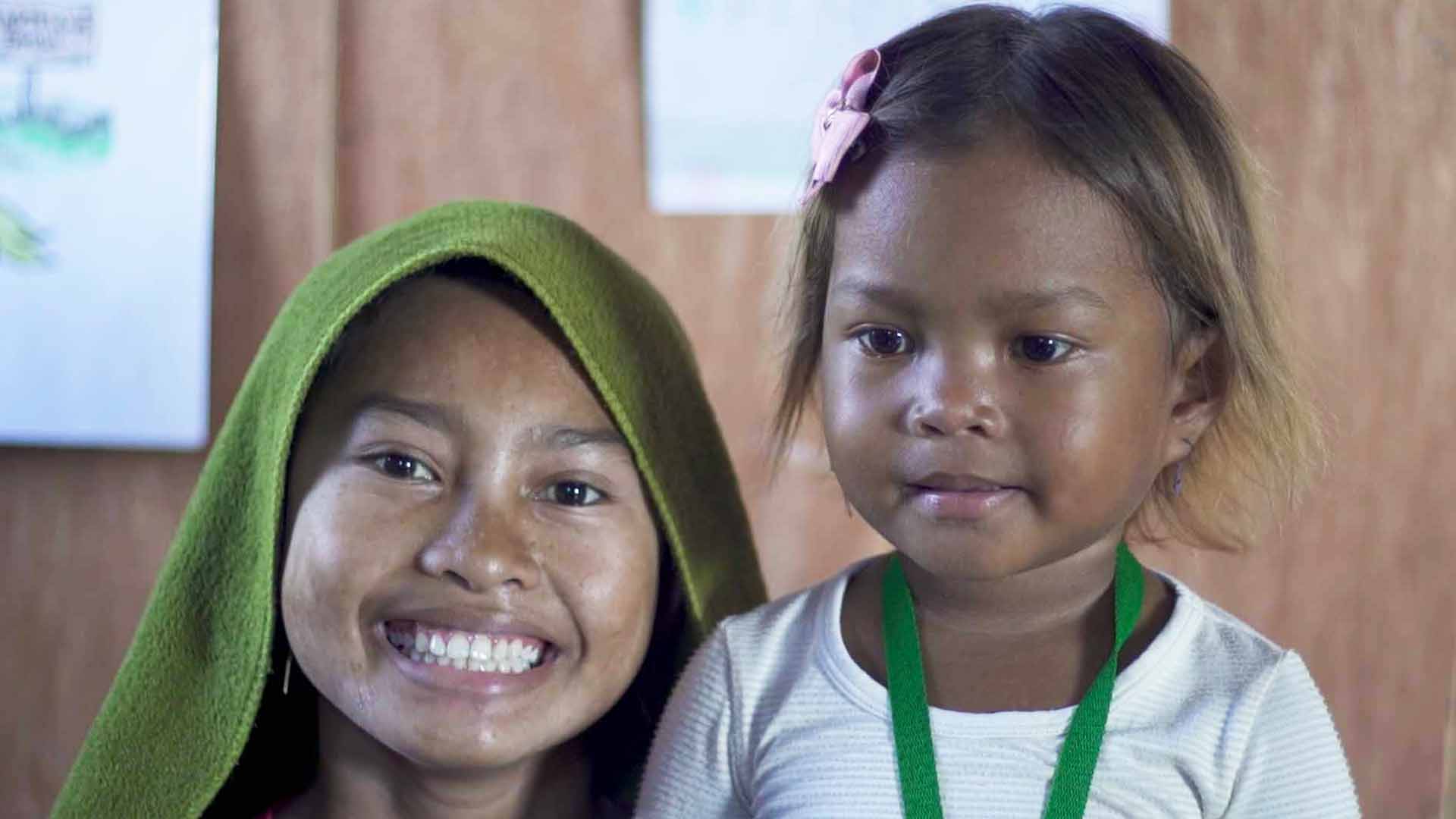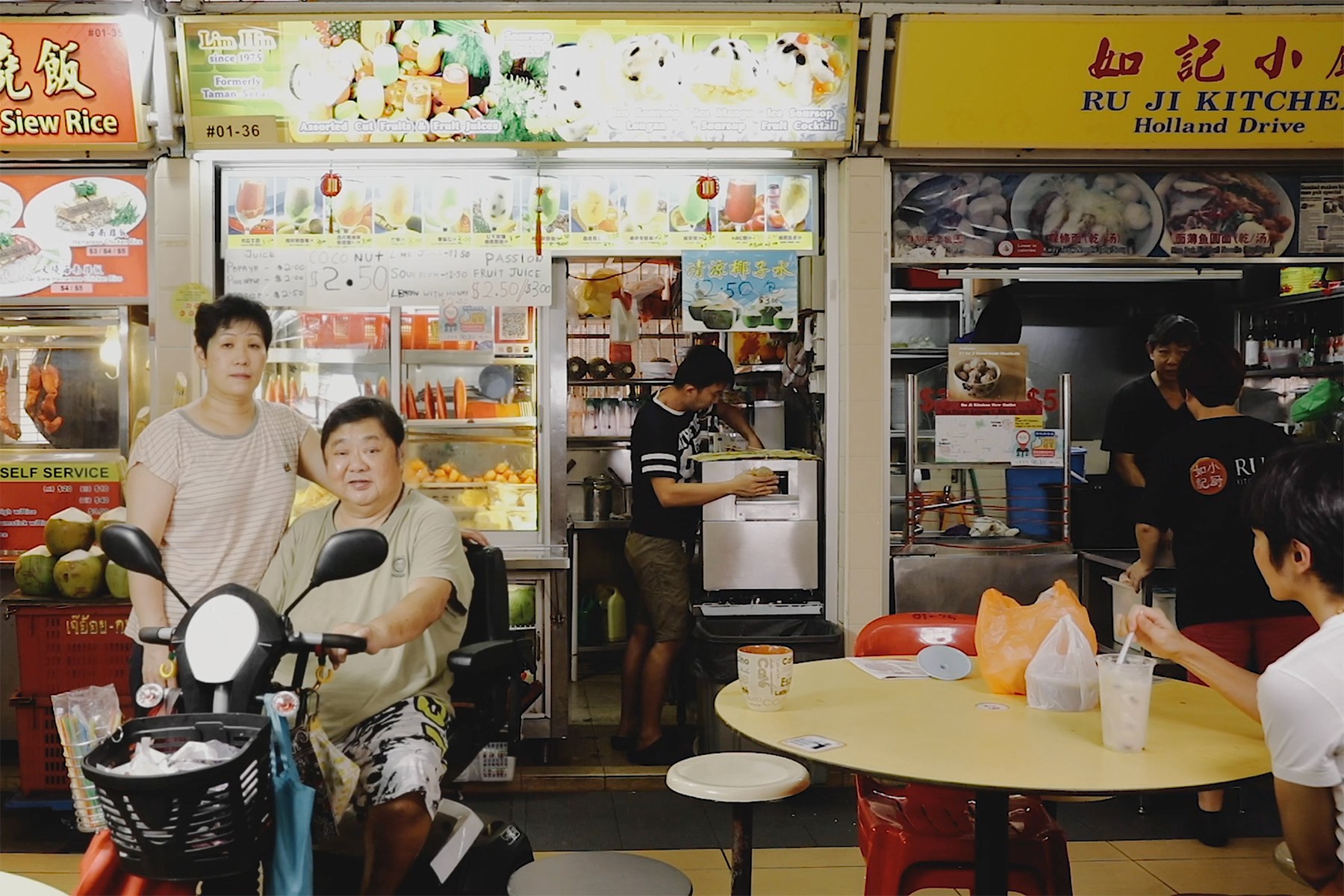Life Was Great for Her Pillow. She Called It Pippi
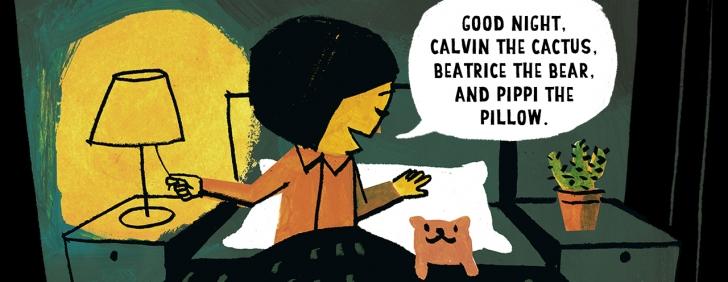
I have a nervous reaction every time my baby visits her paternal grandmother's home in Bangkok.
There's something about the dog that tries to greet us, which frightens me. It's not the dog's approach that concerns me. Rather, it's Grandma's reaction towards the dog.
It's a particular kind of shooing; specifically, a mimicking of violence, involving an action much like hitting, heavy stomping, and a strong "Go! Go! Go away!".
Grandma's reaction is not an action that I want my daughter to see or have towards dogs.
I am not a dog-lover, but I do believe in behaving kindly towards animals.
I understand there is fear in Grandma's actions, primarily the fear that the dog - which she raised only to ward off thieves - will bite her granddaughter.
Admittedly, I am bias towards my own mother, but having witnessed how she treats animals, humans, and even inanimate things, I have discovered that gentleness matters.
When I was growing up, my mother named a lot of things around the house, and not just our pet or my dolls. She named pillows, blankets, tables, chairs – you name it.
I felt a certain connection with inanimate objects as a child. The way my sister and I spoke about, say, our pillow, would be: "We need to clean Pippi the Pillow.”
It felt like many things were under our care and ownership. I imagined Pippi as a rectangular girl with eyes, a nose, and a mouth. She had a name, and therefore was unique, and I felt responsible for her "life".
Until a few years ago, I had thought that I felt a connection with inanimate objects, like Pippi, because my young imagination made it happen.
A conversation with my mother well into adulthood revealed that she had planned those connections.
"When I taught you to name things, I taught you to recognise them as individuals to be treasured," she explained. "You learn to take care of things as a life, to form a connection with them, and to see value in not just people, but also objects around you."
My mother's approach is one that I advocate. I believe that naming things - whether animate or inanimate - with children can nudge them into being kinder towards those things.
Now that I am a mother, I hope to impart to my daughter the same sense of value.
People are surrounded by many things nowadays. Yet, most of us fail to understand their value, or to want to help take care of them.
We may hear the very rational refrain, "reduce, reuse, recycle", but as humans, we have a heart, and our hearts lead to actions.
It might sound silly at first to encourage children to talk to a dog, a pillow or a mobile phone. But doesn't treasuring a person begin with a name?
Most individuals are given a name. And many of these names were chosen after a lengthy process that deeply reflects their life's meaning. That process in itself has given their life value.
My daughter’s paternal grandmother doesn't remember the name of the dog she shoos away each time my baby and I arrive from Singapore.
But I think it's time that I go down and introduce Baby to "Delight the Dog," and work for a better world through the power of naming.



